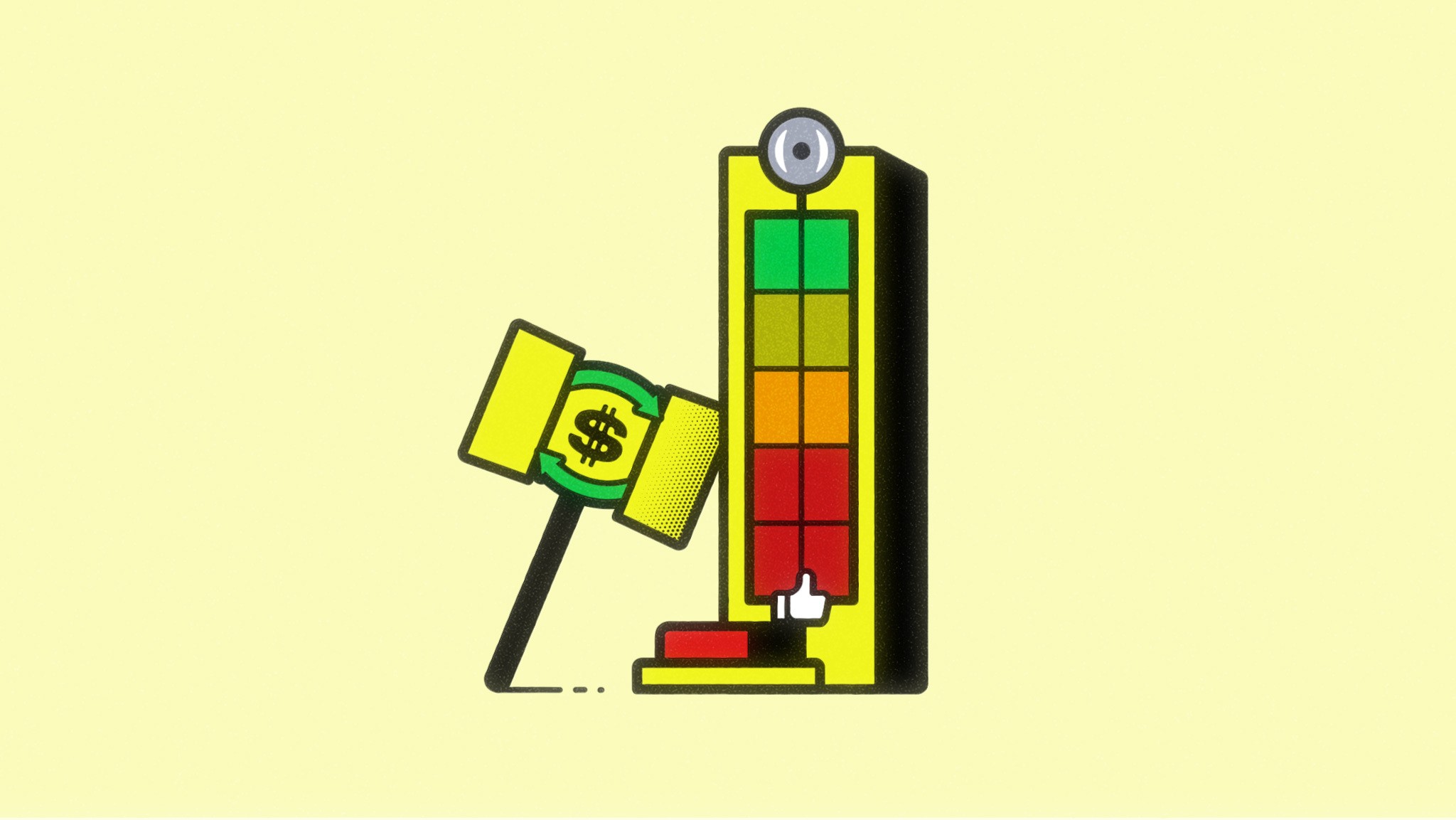As you may have heard, some big changes are happening right now around federal student loan collections, delinquency reporting, and credit scores. Given the gravity of the moment and the potential impact it could have on your credit, we thought we’d share some basic info covering the basics of what you need to know, how it affects you, and how Fizz is here to help you stay in control.
What’s Changing with Student Loans?
As of May 5, 2025, the U.S. Department of Education has restarted collections on federal student loans that were in default before the pandemic. This comes after a years-long pause that protected borrowers from collections and negative credit reporting.
This means:
Collections on defaulted loans have resumed: If your federal student loan was in default before March 2020, collections (like wage garnishment or tax refund withholding) are now back in effect.
Credit reporting on delinquency has resumed: Student loan servicers are now reporting missed or late payments to the credit bureaus again. The “Fresh Start” program temporarily shielded these marks — but that protection has ended.
According to the New York Fed, more than 9 million student loan borrowers are now at risk of major credit score declines – with delinquencies potentially dropping score by over 150 points. That’s a serious hit!
What This Means for You
Even if you're not in default, missed or late payments on student loans will now show up on your credit report — and they could drag down your score.
In case you didn’t know, a lower credit score can affect:
Your ability to rent an apartment
Approval odds and interest rates for credit cards, loans, or even auto insurance
Your job prospects, in some cases
What You Can Do Right Now
Check Your Loan Status and Identify Your Servicer: Log in to your Federal Student Aid account and see where your loans stand. Find out who's managing your federal student loans by navigating to the "My Loan Servicers" section.
If you can’t get in touch with your Servicer, get in contact with the Office of the Ombudsman.
Consider Income-Driven Repayment (IDR): If you're struggling, IDR plans can reduce your monthly payment to as little as $0, and help keep your account in good standing. See if IDR is right for you.
Explore Repayment Options: If you're in default, consider options like loan rehabilitation or consolidation to get back on track. These can help you regain eligibility for federal student aid and stop collection activities. Explore what kinds of repayment plans may be available to you.
Make On-Time Payments: The best thing you can do for your credit is to pay on time, every time. Even small amounts help. Set up autopay if you can.
Monitor Your Credit Report and Dispute Errors: If your credit report lists a delinquency that’s incorrect, you have the right to dispute it. Use annualcreditreport.com to get your free report.
How Fizz Can Help
Fizz’s mission is to help you build credit, budget, and learn so that you’re equipped with the tools necessary to secure your financial future. We’re built specifically for young adults and students, and we understand the challenges you're facing. Here’s how we’ve got your back:
Get started for free: Track your credit, access financial courses, and take bite-sized lessons and quizzes at no cost.
Upgrade to the Membership for even more: Get customized budgets to stay on top of your spending, and apply for the Fizz Card to build credit and earn special rewards with no interest, no hidden fees, and no surprises.
Need Help? Start Here:
Studentaid.gov – Official source to check loan status and explore repayment plans.
AnnualCreditReport.com – Get your credit report from all three bureaus for free.
Federal Student Aid Info Line: 1-800-433-3243.
Contact your college or university’s student aid office.
Check out our website for other Fizz resources on topics ranging from student loans to credit.
We know credit can feel overwhelming — especially now. But you're not alone. Fizz is here to help you understand what’s happening, protect your score, and build a credit history that sets you up for success.
Stay smart, and stay on top of your finances.
The content provided above is for informational purposes only and should not be relied upon or taken as legal, financial, or investment advice. Consult with your financial advisor to determine the best course of action appropriate for your particular situation. The content above is Fizz’s own and is not endorsed by or affiliated with Fizz’s bank partners.

Sam Lipscomb
Author bio
Sam is a Kenyon College alum and is head of content at Fizz. He's been a go to personal finance resource among his peers since getting his first credit card during his sophomore year of college. He hails from Washington, DC, loves all things aviation, and currently lives in Los Angeles.






